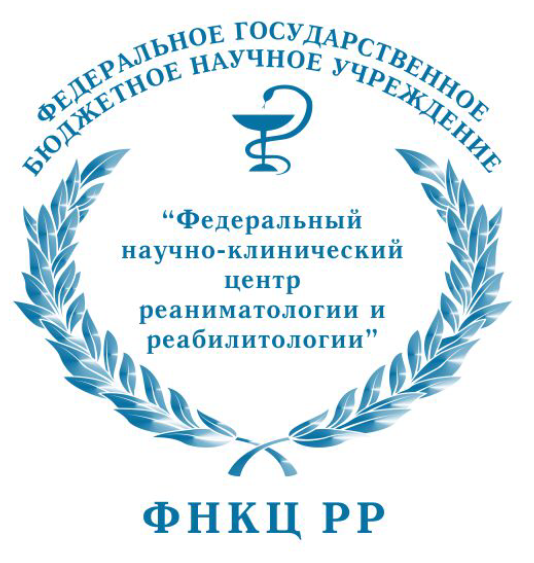
|
ИСТИНА |
Войти в систему Регистрация |
ФНКЦ РР |
||
3-(5-Isopropyl-2,4-dimethoxyphenyl)benzo[d]isoxazol-4-amine: Synthesis and application for preparation of HSP90-targeting anticancer agentsдоклад на конференции
- Авторы: Zinovich Veronica, Scherbakov Alexander, Salnikova Diana, Bogdanov Fedor, Lakhvich Fedor, Piven Yuri
- Международная Конференция : The 8th International Conference on Chemistry, Structure and Function of Biomolecules
- Даты проведения конференции: 1-5 октября 2024
- Дата доклада: 3 октября 2024
- Тип доклада: Стендовый
- Докладчик: Zinovich Veronica
- Место проведения: Minsk, Беларусь
-
Аннотация доклада:
Heat shock protein 90 (HSP90) is a molecular chaperone that plays a crucial role in cellular homeostasis. HSP90 is involved in the folding, stabilization, and maturation of client proteins in both normal and cancer cells(1). However, cancer cells exhibit a unique dependence on this chaperone, leading to its overexpression. In this regard, inhibition of HSP90 is a promising strategy to fight cancer(2). As part of our research, which is directed towards the design and synthesis of new HSP90 inhibitors using 6,7-dihydrobenzo[d]isoxazol-4(5H)-one 1 as a scaffold, we developed an approach (see scheme) to the synthesis of amine 4 and used it as a key intermediate for the preparation of potential anticancer agents 6a-n and 7. After testing the prepared amine 7 and thirteen amides 6a-n against MCF7 and HCC1954 breast cancer cells, it was found that all compounds suppressed their proliferation with IC50 values below 25 μM. Amine 7 demonstrated the best activity with an IC50 value of 0.4 μM against MCF7 cells, and amide 6a with R=Me had the best IC50 value of 1.9 μM against HCC1954 cells. Selectivity assay was performed on MCF-10A mammary epithelial cells. The highest selectivity index was found for compound 6a, it was determined to be 3.3.
- Добавил в систему: Сальникова Диана Игоревна